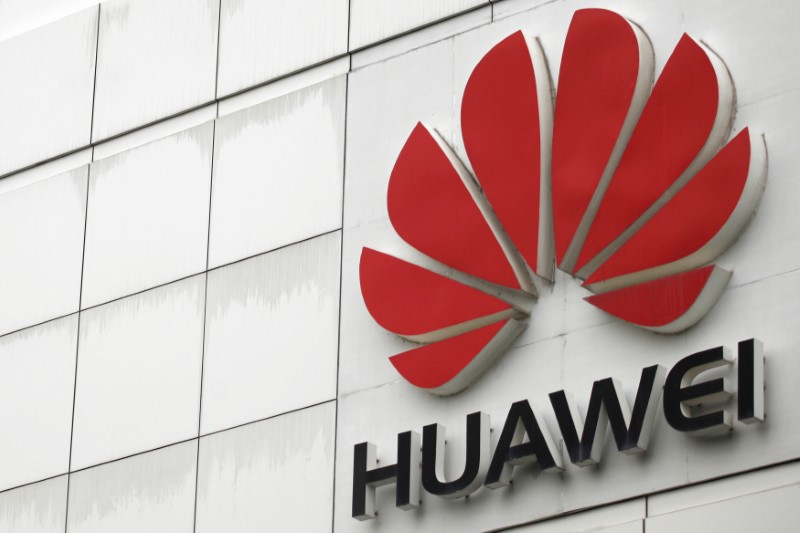(Adds scheduling details from court records)
TORONTO, June 6 (Reuters) - Huawei Chief Financial Officer Meng Wanzhou will challenge her extradition to the United States on fraud charges at hearings set to begin Jan. 20, 2020, court records showed, after her legal team appeared before a Canadian judge.
Meng's team proposed that the extradition hearing wrap up in October 2020, with extra time set aside in November 2020 in case it is needed.
Lawyer Daniel Coles, who acted on behalf of media companies to oppose a publication ban on the case, confirmed that the judge accepted the defense team's schedule with only a minor alteration.
Meng, 47, the daughter of Huawei Technologies Co Ltd's billionaire founder Ren Zhengfei, was arrested at Vancouver's airport in December on a U.S. warrant and is fighting extradition on charges that she misled global banks about Huawei's relationship with a company operating in Iran.
Meng, free on bail in Vancouver, did not appear in court.
In a statement, Huawei said there is no evidence Meng misled any banks and that her alleged actions are not a crime in Canada. It also said U.S. President Donald Trump's comments show the case against Meng is "guided by political and financial considerations, not the rule of law." lawyers are seeking a stay of extradition proceedings on several grounds, including allegations that Canadian Border Services Agency (CBSA) officers delayed Meng's arrest to extract evidence under the guise of a routine immigration check before she was arrested by the Royal Canadian Mounted Police (RCMP).
They made similar allegations in a civil lawsuit in March. In a written defense filed on Monday, government lawyers argued that Meng's suit should be dismissed.
The government argued that CBSA officers acted "lawfully and in good faith" when they interviewed Meng and examined her luggage "to determine if she was admissible to Canada and if there were any customs issues with her goods."
Meng's suit claimed CBSA officers opened and viewed the contents of her electronic devices, in violation of her right to privacy. The government said CBSA officers asked Meng for phone passwords and then wrote them down on a piece of paper, which the RCMP took when it arrested Meng. It said the RCMP has not examined the contents of Meng's devices.
Diplomatic relations between Canada and China turned icy after Meng's arrest and China arrested two Canadian citizens, charging them with espionage. It also blocked imports of Canadian canola seed and looks set to boost customs' examinations of pork shipments.
